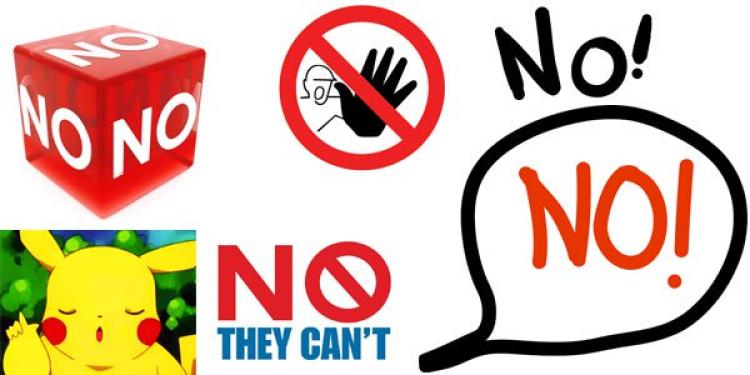Hopeless in Hainan: China Won’t Allow Casinos on the Island
Posted: March 12, 2014
Updated: October 4, 2017

The island of Hainan has a lot of potential for development, but local authorities won’t take full advantage of it.
When rumors got out that the beautiful island of Hainan could become the new gambling destination for Chinese players, everyone was excited. With so many avid gamblers and rich high-rollers in Asia, it seemed to make perfect sense that China would finally offer them an opportunity to spend their money.
But China has had a long-standing tradition of condemning betting and games of chance and authorities were showing no intentions of changing their mentality, so it came as no surprise when Luo Baoming, the leader of Hainan’s Communist Party, eventually put his foot down. “We cannot at all allow Hainan to operate casinos,” he told local reporters.
Chinese laws say “No” to gambling
The current Chinese gambling laws are very strict and prohibit all games of chance apart from the government-run Welfare Lottery and Sports Lottery. The state’s lottery business has proved to be very profitable over the past few years. The industry was estimated to be worth $40 billion in 2012.
Asian countries preparing to legalize or further develop the casino market:
• Philippines
• Japan
• Vietnam
Horse racing is also very popular and local authorities have even discussed regulating the sports wagering industry. While races have been legal since 2008, people are not really allowed to bet on sports in China at the moment.
In fact, the only place where Chinese citizens are allowed to bet on horse races is Hong Kong, while casino games are restricted to Macau. Playing here is also kind of tricky, because visitors require a passport visa to enter these two Special Administrative Regions.
Despite the strict anti-gambling policies, locals can’t seem to resist the temptation of placing the occasional bet or playing casino games. It is estimated that the underground gambling industry in China generates up to 20 times more profits than the state’s legal lotteries combined.
Wasted potential
Even without a casino industry, Hainan has become a popular destination and several large international developers – including InterContinental Hotels, Starwood Hotels and Resorts Worldwide, MGM Resorts International and Caesars Entertainment – have shown interest in starting a business here.
The city of Sanya already has more than 200 hotels and companies were hoping that the island’s flourishing tourism industry would encourage authorities to liberalize the casino market. The city is located on the coast and offers visitors the chance to relax in a beautiful setting and breathe some fresh air.
This is why more than 22 millions of domestic tourists chose it as their preferred destination, in the first eight months of 2013. The region clearly has a great potential to attract visitors and the state could benefit from significant tax revenues if authorities were to regulate the gambling market.
Following the example of Macau and Singapore, several Asian countries – including the Philippines and Japan – have realized that the casino industry can be very profitable and are now starting to open up to the idea. Hainan certainly has a lot of potential, but authorities have not taken advantage of it yet.
“No” means “no”
Last October, Fosun International and Sol Kerzner announced they were planning to build a $1.6 billion hotel resort at Haitang Bay. International companies are planning to build around 30 five-star hotels in the area, but most of them are hoping to be able to add casinos to their resorts, sometime in the near future.
The leader of the Communist Party in Hainan and the mayor of Sanya, Wang Yong, have officially stated that there will be no casinos in the area. The announcement was made during a briefing at the annual parliamentary meeting and industry specialists believe it might cause companies to change their mind about making more investments in Hainan.
Much to the disappointment of players and casino developers, it looks like it will be a long time before Hainan – or any other part of China, apart from Macau and Hong Kong – opens up to gambling.












